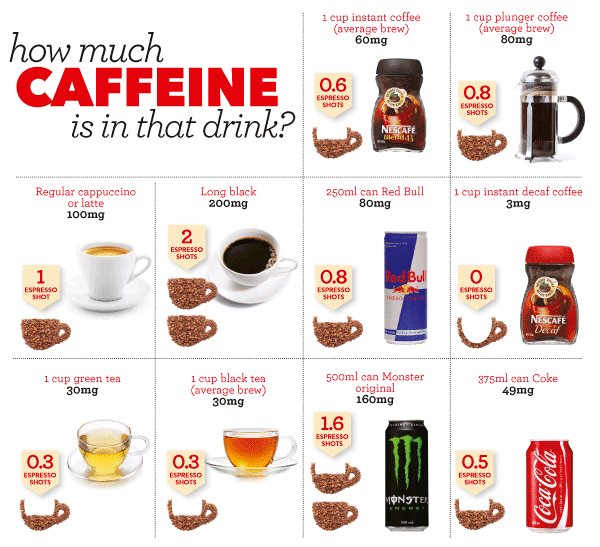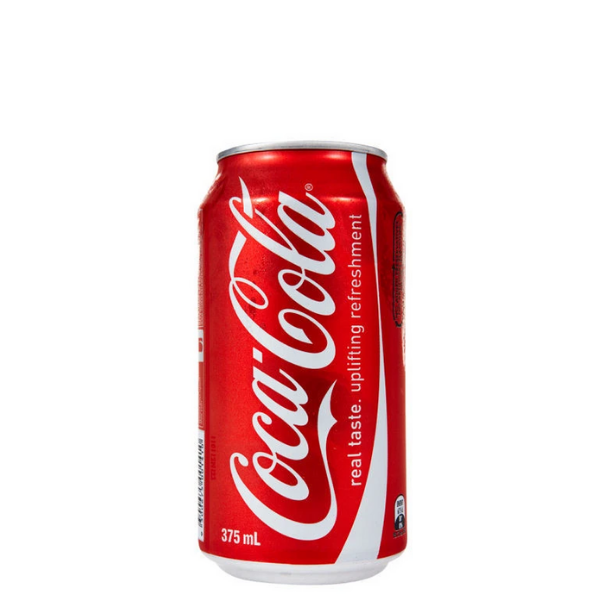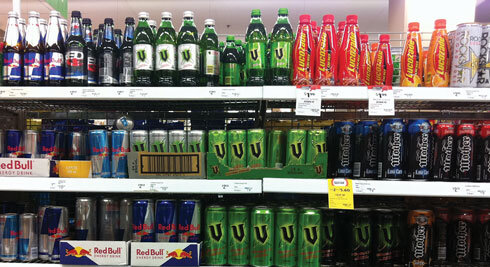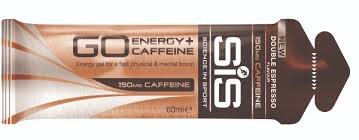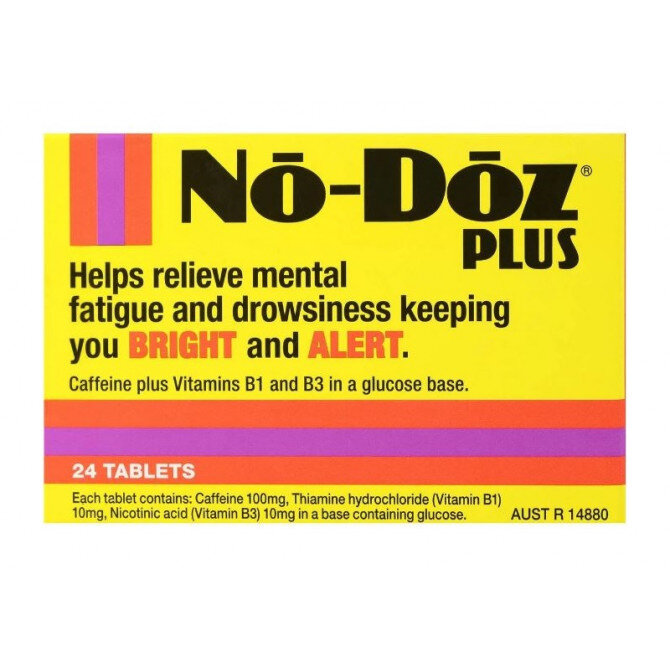Caffeine is part of every day life for most - in our daily fix from the local coffee shop, your cup of tea in the afternoon or that delicious square of chocolate (or two!) in the evenings. It is also very common on the shelves in our sports drinks, gels, pre-workouts and all by itself in the form of NoDoz. It is a bit of a minefield knowing how to take caffeine, when to take it and know the risks. There are certainly proven performance benefits and it is one of the only legal performance enhancing drugs available therefore it is worth considering in your performance nutrition plan.
I hope to guide you through the evidence - read on below!
What does caffeine do?
Caffeine is a stimulant drug that affects our central nervous system. It allows us to work at a higher intensity before our brain tells us we are working too hard. We FEEL like we are working at about 80% when actually we might be hitting 100%. There is also some evidence to say caffeine may help us use fat as a fuel source for energy at higher intensities therefore somewhat sparing our glycogen stores, always useful for endurance sports! The other factor of course is it improves our alertness - great for anyone needing to stay awake overnight, concentrate in events where navigation, skill or precision is involved.
Where is caffeine found?
Sources include:
Espresso & plunger type Coffee (80-200mg per serve)
Tea & Instant coffee (30-40mg)
Chocolate (
Coke / Cola (50mg)
Energy drinks such as Red Bull, V & Mother (80-160mg)
NoDoz (100mg per tab)
Sports Gels (
Sports drinks (
Pre-workout supplements (
Given the range of caffeine in sources such as a cup of coffee - it is better to use more prescriptive sources for race day to ensure you are getting in what you had planned!
Photo: espressoexpert
Who benefits from taking caffeine?
Caffeine improves performance to a greater extent in longer events, lasting more than one hour so is good for cyclists, long distance runners, triathletes, multisporters, mountain bikers and adventure racers to trial.
It improves alertness so is excellent for navigation events, technical skills and for events requiring sharp focus
There are also responders and non-responders to caffeine. The non-responders do not experience any of the performance enhancing effects of caffeine - nor the alertness felt from a cup of coffee in the morning. It is really a simple test to know if you respond or not. Are you a person that can have a cup of coffee in the evening and go straight to sleep? You’re likely a non-responder.
If you regularly consume a large intake of caffeine you can become desensitised to the effects for performance. Sometimes it can be useful to reduce your day to day intake in order to gain performance enhancing benefits on race day. DO THIS SLOWLY! You certainly don’t want to be experiencing withdrawal symptoms in the week leading up to an event only to feel a tad more normal on race day
How much should I take?
1-3mg per kg of body weight.
Therefore a 70kg athlete should try a 70mg dose then experiment with doses up to 210mg. If you start experiencing side effects (see Cautions! below) it is best to go for a lower dose. Taking more than this range has not shown to give any further performance benefits and can actually be harmful.
When should I take it?
Take the dose approximately 1 hour before you want to peak in your race because it takes about this long to kick in. For example if you are running a marathon perhaps you will take it 1 hour in so that you get the caffeine in your system after the start nervous jiggles, but kicking in right when it would be amazing to have a lower perceived exertion (i.e PAIN) at halfway or towards the end of the race. It is also important to know that caffeine wears off after 3-4 hours. If your race is longer than this you may need to take a second dose. Also think about this when you have late afternoon races as you might forgo a decent night’s sleep! For those competing in very long events 24 hrs + duration it isn’t feasible to have the benefits of caffeine for the entire race so you might decide when would be strategic. Eg: around your usual bedtime so you feel awake in the hours after that, in the middle of the night 2-4am when there is still a few hours until daylight or at any sleepy times in the following days / sleepy disciplines / slow moving times as required!
Cautions!
Try in training first! Some people hyper-respond to caffeine and experience shakes, intense nervousness or headaches, impaired sleep and sometimes need to urinate frequently which can affect negatively on performance. From experience this isn’t fun! This can be especially detrimental for those sports in which concentration or skill is required. The first time I tried caffeine in a race it was a 12 hr adventure race in Central South Island New Zealand in September in the snow and I won’t forget how annoying it was to have to get off the bike in the snow to empty my bladder every 20 minutes! Let alone how distracted I was from navigating on the map and on technical mountain bike sections. I learned my own lesson of what trialling in training means!
It is also possible to overdose caffeine and therefore it is important to plan for and know how much you are taking. Watch out for high caffeine products such as pre-workouts or gels/sports products containing caffeine. Because of course you want your sports nutrition - if you only have gels with caffeine you have no choice but to consume it. If you mix it up and have some with and some without, or if you take your caffeine separately in the form of NoDoz then you have more flexibility.
Keen to try caffeine in your next event? Unsure where to start in tailoring a caffeine strategy for your sport?
Get in touch for my Race Day Nutrition package or an Initial Consultation.


